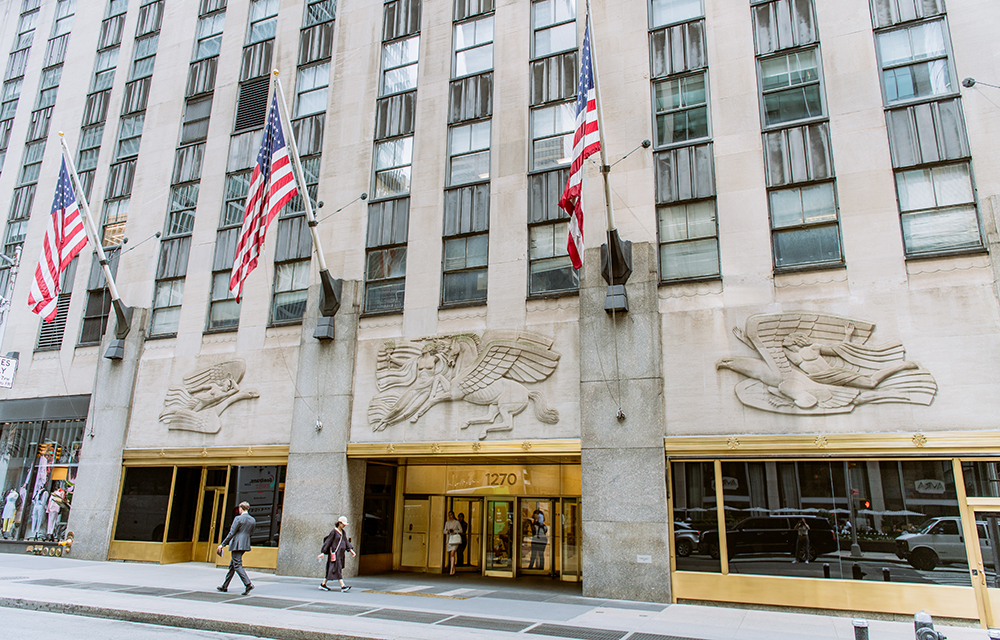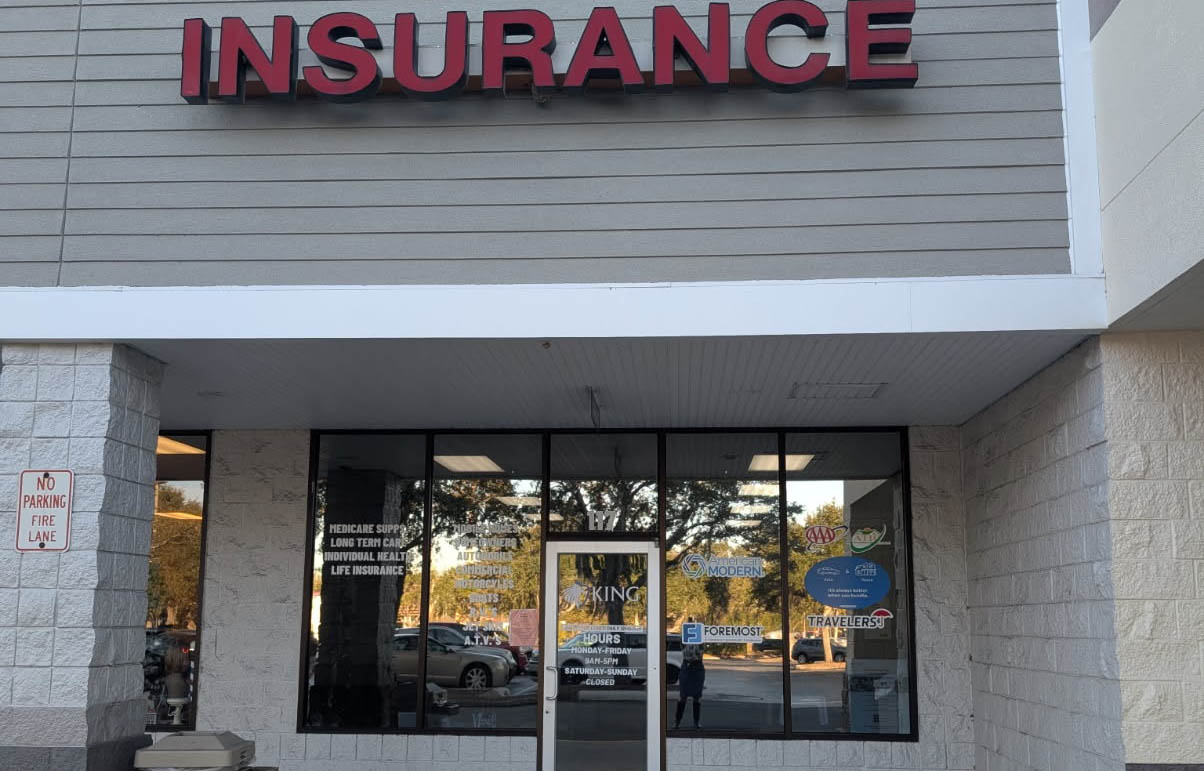News:
Brokerage
Posted: October 3, 2008
Strength in equity: Examining where today's market is headed
The real estate market throughout New York has drastically changed in the last few weeks. The exodus of investment banks, the new Fed rescue package, and the swings of oil pricing all on top of the already looming credit crunch have most major real estate players subscribing to the "hurry up and wait" policy.
After a year in the market, the credit crunch is maturing, and many facets in most industries are feeling the squeeze. This has brought down several banks, effecting lending on commercial real estate. As a result we are starting to see a slight change in pricing across most asset classes.
A short time ago, the major names in banking were considered the best operated companies in the world. Now the market has established that the investment banking, sales and trading models of the past will not work. The surviving companies will drastically change the way they do business, which will have a trickle down effect on the New York real estate market. In addition to layoffs in investment banks themselves we will see a scaling down across the entire industry, including companies that service the banks. This will raise vacancy rates throughout class A space and will eventually trickle down to class B and class C space.
The Federal Reserve and Treasury Dept. financial bail out plan will attempt to create a "do over" for banks and major lending institutions. The proposed plan will initially allot $700 billion to purchase bad debt from domestic and foreign banks. Ideally this will help banks even out their balance sheets and encourage them to start lending again, providing more liquidity in the market. Financing will again be made available to solid assets (those with good cash flow and low vacancies such as residential and mixed-use properties) and they will reap the greatest benefit from the plan. However, this plan will undoubtedly face delays with the presidential election six weeks away and the imminent opposition during the approval process in Congress.
Oil has been on the back burner for the last two months because the price has dropped from a high of $147 earlier in the season into the mid $90s. The unveiling of the Fed bailout triggered the largest one day rise in oil ever, spiking as high as $120 from a previous close of $95. Assuming the price settles in the $100-$110 range heating bills will be significantly higher than last winter, causing an impact on the net operating income of most real estate investments.
Those who can afford to will sit tight and hold off on selling and hope that traditional financing will be readily available soon; or will be willing to provide buyers financing themselves in order to negotiate a deal. Some over-extended investors will be forced to sell and the buyer with the deepest pockets will realize the benefits. Investors with the most cash on hand have a major advantage. In a turbulent financial market access to cash and additional equity sources is king, and will continue to be for at least the next few months.
Bart Zimmermann is the president of Barcel Group, New York, N.Y.
Tags:
Brokerage
MORE FROM Brokerage
Horizon Kinetics relocates new headquarters to Tishman Speyer’s Rockefeller Center
Manhattan, NY According to Tishman Speyer investment boutique Horizon Kinetics Asset Management LLC will relocate its current New York office to 18,713 s/f on the 27th floor of 1270 Avenue of the Americas at

Quick Hits
Columns and Thought Leadership

Behind the post: Why reels, stories, and shorts work for CRE (and how to use them) - by Kimberly Zar Bloorian
Let’s be real: if you’re still only posting photos of properties, you’re missing out. Reels, Stories, and Shorts are where attention lives, and in commercial real estate, attention is currency.

Lasting effects of eminent domain on commercial development - by Sebastian Jablonski
The state has the authority to seize all or part of privately owned commercial real estate for public use by the power of eminent domain. Although the state is constitutionally required to provide just compensation to the property owner, it frequently fails to account

Strategic pause - by Shallini Mehra and Chirag Doshi
Many investors are in a period of strategic pause as New York City’s mayoral race approaches. A major inflection point came with the Democratic primary victory of Zohran Mamdani, a staunch tenant advocate, with a progressive housing platform which supports rent freezes for rent

AI comes to public relations, but be cautious, experts say - by Harry Zlokower
Last month Bisnow scheduled the New York AI & Technology cocktail event on commercial real estate, moderated by Tal Kerret, president, Silverstein Properties, and including tech officers from Rudin Management, Silverstein Properties, structural engineering company Thornton Tomasetti and the founder of Overlay Capital Build,








.jpg)

.gif)